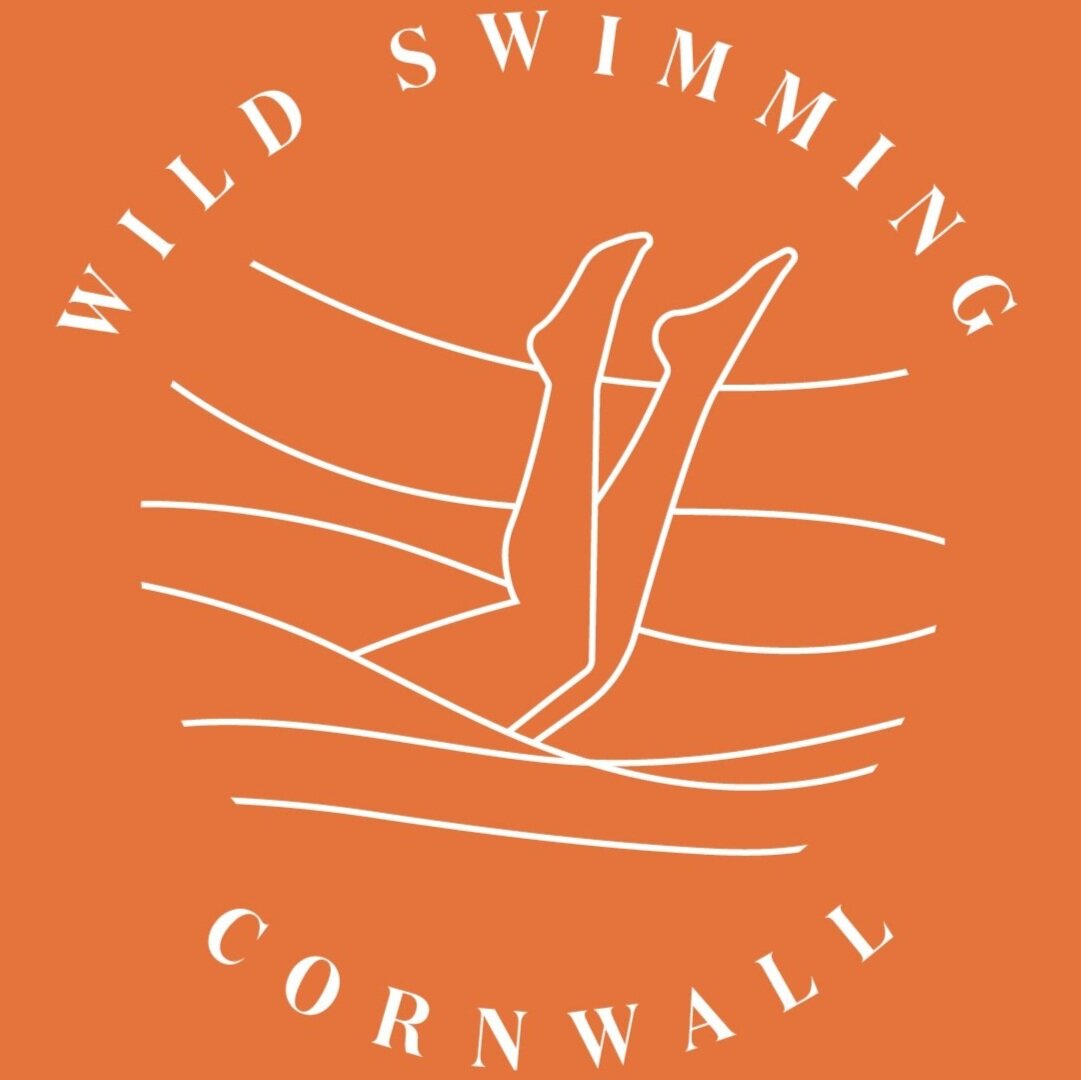Cold Water Swimming: The perfect relief from troublesome Varicose Veins
Words by Rob Windhaber
One of the great pleasures of being a doctor is the opportunity to make human connections with our patients. Whilst typically in a clinical setting I am the one providing the advice – however this is not exclusively the case. Over the last couple of years, I have found that increasing numbers of my patients have been telling me how they have benefited from cold water swimming and encouraging me to give it a try. This sparked my interest and started my journey into researching the potential health benefits and the evidence behind it. I want to share with you what I discovered.
So, what are the potential Health Benefits?
Whilst the science remains in “its infancy”, there have already been numerous studies looking at the general health benefits of Cold-water swimming.
Improvement in mental health
Cold water swimming increases endorphins (hormones released by the body to reduce pain and stress) and gives you a natural high making you feel great. Scientists in Prague (2000) found in their study that cold-water immersion can boost dopamine (often known as the 'happy hormone') levels by almost 530%. The combined effect of these and other chemicals released in response to cold water immersion is both the immediate boost in wellbeing and a more sustained, longer-term effects on stress reduction and anti-depressive effects. The antidepressant effects are thought to be similar in magnitude to commonly prescribed antidepressant medications such as Serotonin Specific Reuptake Inhibitors (SSRI’s) or regular aerobic exercise.
Cold water swimming can increase dopamine by almost 530%
Increases libido
Whilst not a guaranteed to enhance your love life, regular cold-water emersion has been shown to boost oestrogen and testosterone levels that drive libido. Increased levels of sex hormones, along with increased dopamine levels is a potent combination to increase confidence, enhance mood and self-esteem.
Boosts the immune system
This is one of the most studied effects and effects include increases in circulating levels of white blood cell and antioxidants. A further study showed that people who are exposed to cold water immersion regularly have reductions in respiratory infections such as winter colds by up to 40%.
Reduced Pain and Inflammation
Whilst much of the evidence for reducing chronic pain is anecdotal, there have been studies that show patient reported improvement for patients living with a number of conditions including fibromyalgia and rheumatism. A study from Hong Kong found that post exercise pain and inflammation is decreased for up to 24 hours following cold water immersion.
Reduces the Risk factors for Heart Attack and Stroke
Cold water swimming has been shown to have positive impact on known cardiac and cerebrovascular risk factors. These effect includes, lowering blood pressure, improving blood lipid profiles, reducing stress hormone and homocysteine levels. Whilst a direct link has not yet been investigated, reducing these risk factors is key goal in primary care medicine to improve patients cardiovascular health and prevent these conditions.
Reducing the risk of Type II Diabetes
Lastly one of the most encouraging benefits that has been demonstrated in studies is to your improvements in patients’ insulin sensitivity. Reduced insulin sensitivity is the main cause of type II diabetes that has become endemic in the developed world. This could have a major impact on the nation’s health and warrants more detailed study.
Can Cold Water Swimming help varicose veins?
Anyone who suffers from varicose veins knows that symptoms and appearance are worse in hot weather and when they exercise. This is because the veins dilate in hot weather to dissipate body heat. When we exercise this effect is further increased by muscle heat and the metabolites that we generate that dilate the veins.
Swimming in cold water may be the perfect exercise to improve your leg circulation as well as your general health and many of my patients enthusiastically espouse its benefits. In addition to the effects on their general well-being, my patients often report to me that their veins look and feel better. This is most likely to be the effects that cold water has on increasing venous tone and in causing venoconstriction (the veins get smaller to conserve heat). These effects are in addition to the beneficial effects on pain and inflammation identified in other patient groups. Whilst we may not expect cold water swimming to eliminate, or prevent the progression of varicose veins, it should help many of the associated symptoms including heat, swelling, itching and discomfort. These symptomatic benefits should continue for as long as you regularly swim in cold water.
Safety
Cold water swimming can place the body under significant physiological stress and should not be attempted without first seeking medical advice if you have any significant underlying medical conditions. Even for fit and healthy people it is important to be safety conscious and the best way to start is to going one of the many established clubs. There are some great resources on the Wild Swimming Cornwall website to help you get started.
Did I take my patients advice?
Doctors and especially surgeons, have busy, chaotic and unhealthy lifestyles and we are renowned for not following our own health advice. The sheer weight of encouragement from my patients however was compelling and I now go for a 10 minute cold water dip most mornings before work. Even my young sons join me before they go to school and we have all noticed a positive benefit in the way we feel.
Rob Windhaber is a Vascular Surgeon and Vein Specialist based in Cornwall. Rob has 15 years experience with minimally invasive treatment of varicose veins. Find out more about Rob’s work at www.veincare-cornwall.co.uk.
In his free time, Rob enjoys swimming with his two sons.




